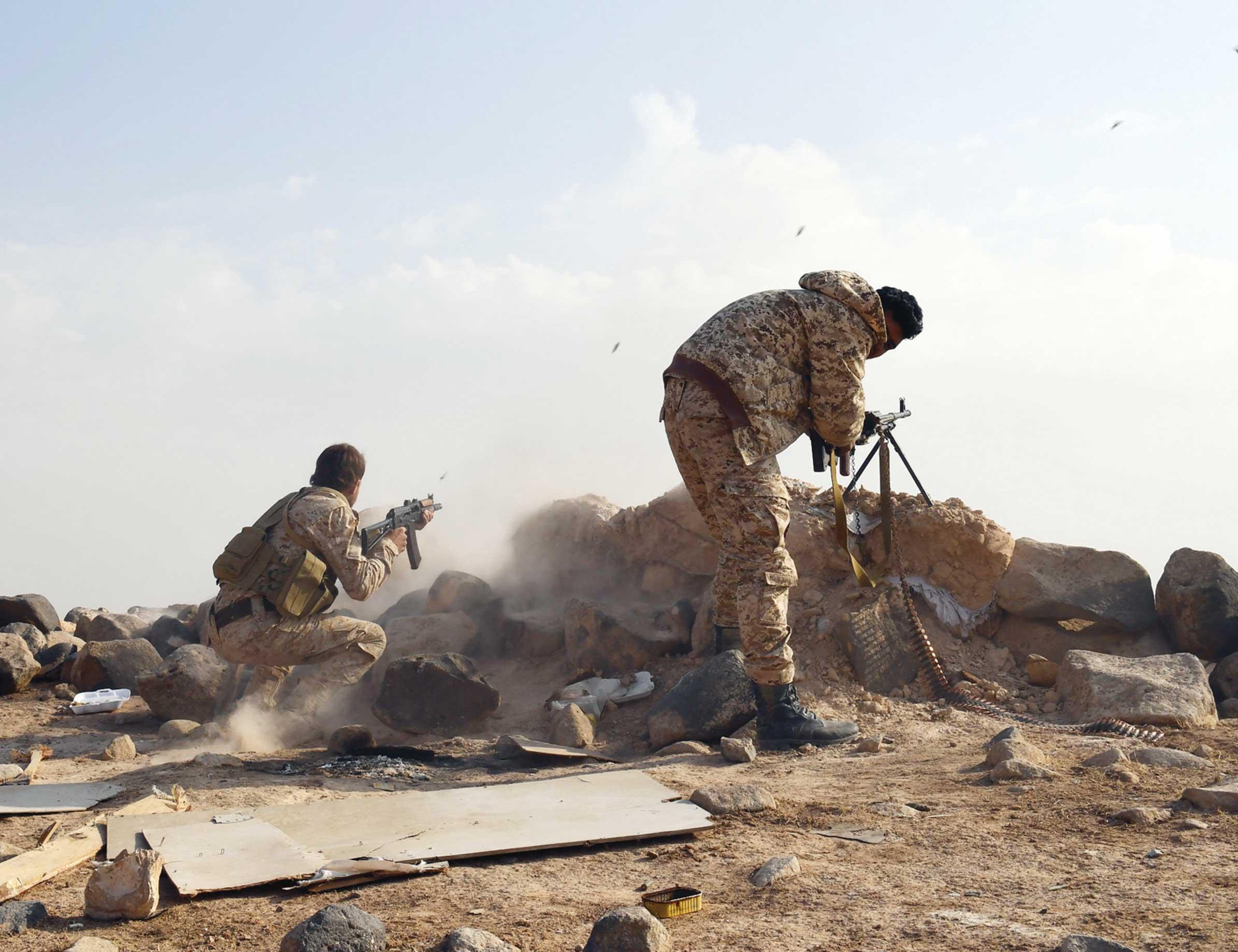
Turkey is prioritizing a strategy of “disaggregation” of moderate opposition groups from radical terror groups listed by the United Nations, a Foreign Ministry official has told the Hürriyet Daily News.
So far, a number of “moderate groups” previously associated with Hayat Tahrir al-Sham (HTS) in Idlib have peeled away from the ranks of the group as part of these efforts, the official claimed, speaking on condition of anonymity.
The international community considers the HTS alliance a terrorist group, largely because its main faction, Jabhat al-Nusra, used to be the Syrian branch of al-Qaeda. The group holds large areas in northwest Syria’s Idlib province and parts of the northeastern Hama countryside.
The Turkish military is currently engaged in a campaign to establish observation points in Idlib, following up from the Astana process with Russia and Iran, aiming to declare de-escalation zones in Syria ahead of a political solution. Three observation points have been established in Idlib so far out of 12 planned.
Russia, Turkey, and Iran each agreed to establish 12 separate observation points, but the other countries are still preparing to fulfill their commitment, said the Foreign Ministry official, adding that the implementation is overdue “because all parties are acting very carefully on this very difficult and sensitive process.”
A new operation by the Syrian military similar to the one conducted in Aleppo would harm around three million people in Idlib, the official warned.
Turkey, Iran, and Russia are currently working on a list of participants for a national dialogue congress in Black Sea resort Sochi, but the official date has yet to be agreed.
“We want this congress team to establish a connection with the U.N. efforts and its team,” said the official.
A new round of Astana meetings will be held in late December, while discussions for the Geneva process are ongoing. The U.N.’s special envoy for Syria, Staffan de Mistura, aims to bring opposition groups and the representatives of the Syrian regime in the same venue at the same time, if not in the same room, and make shuttle diplomacy. Participant of the Geneva talks aim to discuss issues of a transitional government and a new constitution.
Representatives from the Cairo and Moscow platforms were included in the High Negotiation Committee of the Syrian opposition at a meeting last week held in Riyadh, bring the number of representatives at the committee to 36.
Eleven members of the committee participated in the ongoing eighth round of Geneva talks.